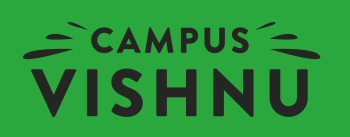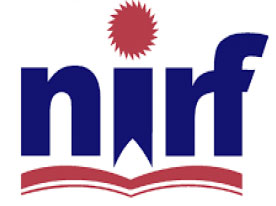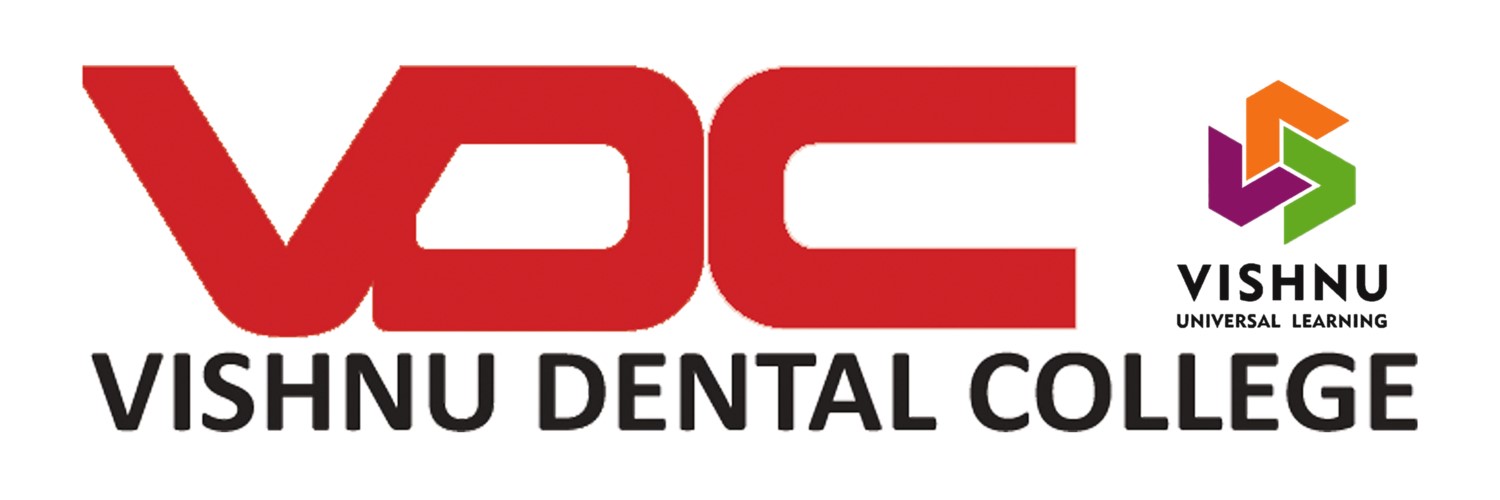Curriculum
BDS Curriculum Course Regulations
The institution has feedback mechanism at all levels for strategic planning to meet the requirements of the teaching learning methods. The curricular and infrastructure facilities required for teaching-learning are met beyond the minimum requirements set by affiliated university in terms of student- teacher ratio, Library and ICT facilities. Continuous efforts have been focused towards providing the best learner friendly environment at all levels. In order to enhance students’ skill level and to equip them with strong basic knowledge to face the future challenges adequate hands on experience and problem based teaching learning methodology in addition to the regulatory requirements are being provided. The students are being evaluated continuously through viva voce, laboratory performance and chair side clinical work assessment. The teaching-learning and Evaluation process is effectively implemented by the Dean, assisted by academic committees and heads of departments. The institution has a well-conceived plan for monitoring student progress that incorporates Continuous Performance Assessment, Internal Assessment Exams, Student Projects, Personality Development Courses, Self Learning Mode, educative audio and video aids, Mentorship, Behavioral Cell, Counseling, Wall Magazines, Mannequins, Broadband Wi-Fi, and Community Participation. Students Council effectively implements co-curricular and cultural activities for comprehensive personality development. The duration of Bachelor of Dental Surgery Course is 5 years (4years + 1 year Compulsory Rotatory Internship).
AIMS AND OBJECTIVES OF B.D.S. COURSE
AIMS:-
The dental students during training should acquire adequate knowledge, necessary skills and reasonable attitudes which are required for carrying out all activities appropriate to general dental practice involving prevention, diagnosis and treatment of anomalies and diseases of the teeth, mouth, jaws and associated tissues. The students also should understand the concept of community oral health education and be able to participate in the rural health care delivery programs existing in the country.
OBJECTIVES
The objectives are dealt under three headings (a) Knowledge and Understanding (b) Skills and (c) Attitudes.
(a) Knowledge and Understanding:
The student should acquire the following during the period of training:
1. Adequate knowledge of the scientific foundations on which dentistry is based and good understanding of various relevant scientific methods, principles of biological functions; ability to evaluate and analyze scientifically various established facts and data.
2. Adequate knowledge of the development, structure and function of the teeth, mouth and jaws and associated tissues both in health and disease and their relationship and effect on general state of health and also bearing on physical and social well being of the patient.
3. Adequate knowledge of clinical disciplines and methods which provide a coherent picture of anomalies, lesions and diseases of the mouth and jaws and preventive diagnostic and therapeutic aspects of dentistry.
4. Adequate clinical experience required for general dental practice.
5. Adequate knowledge of the constitution, biological function and behavior of persons in health and sickness as well as the influence of the natural and social environment on the state of health in so far as it affects dentistry.
(b) Skills
A graduate should be able to demonstrate the following skills necessary for practice of dentistry:
1. Diagnose and manage various common dental problems encountered in general dental practice keeping in mind the expectations and the right of the society to receive the best treatment available wherever possible.
2. Prevent and manage complications if encountered while carrying out various surgical and other procedures.
3. Carry out certain investigative procedures and ability to interpret laboratory findings.
4. Promote oral health and help prevent oral diseases where possible.
5. Control pain and anxiety among the patients during dental treatment.
(C) Attitudes:
A graduate should develop during the training period the following attitudes:
1. Willingness to apply the current knowledge of dentistry in the best interest of the patient and community.
2. Maintain a high standard of professional ethics and conduct and apply these in all aspects of professional life.
3. Seek to improve awareness and provide possible solutions for oral health problems and needs throughout the community.
4. Willingness to participate in the CDE programs to update knowledge and professional skill from time to time
5. Help and participate in the implementation of the national oral health policy.
SUBJECTS OF STUDY
I BDS
- General Human Anatomy including Embryology and Histology.
- General Human Physiology and Biochemistry.
- Dental Anatomy, Embryology and Oral Histology.
II BDS
- General Pathology and Microbiology.
- General and Dental Pharmacology and Therapeutics.
- Dental Materials.
- Pre-clinical Prosthodontics.
- Pre clinical Conservative Dentistry.
III BDS
- General Medicine.
- General Surgery.
- Oral Pathology and Oral Microbiology
IV BDS
- Conservative Dentistry and Endodontics.
- Oral & Maxillofacial Surgery.
- Oral Medicine and Radiology.
- Orthodontics & Dentofacial Orthopaedics.
- Pediatric & Preventive Dentistry.
- Periodontology.
- Prosthodontics and Crown & Bridge.
- Public Health Dentistry.
INTERNSHIP
Dental Council of India Curriculum for BDS and Course Regulations.














